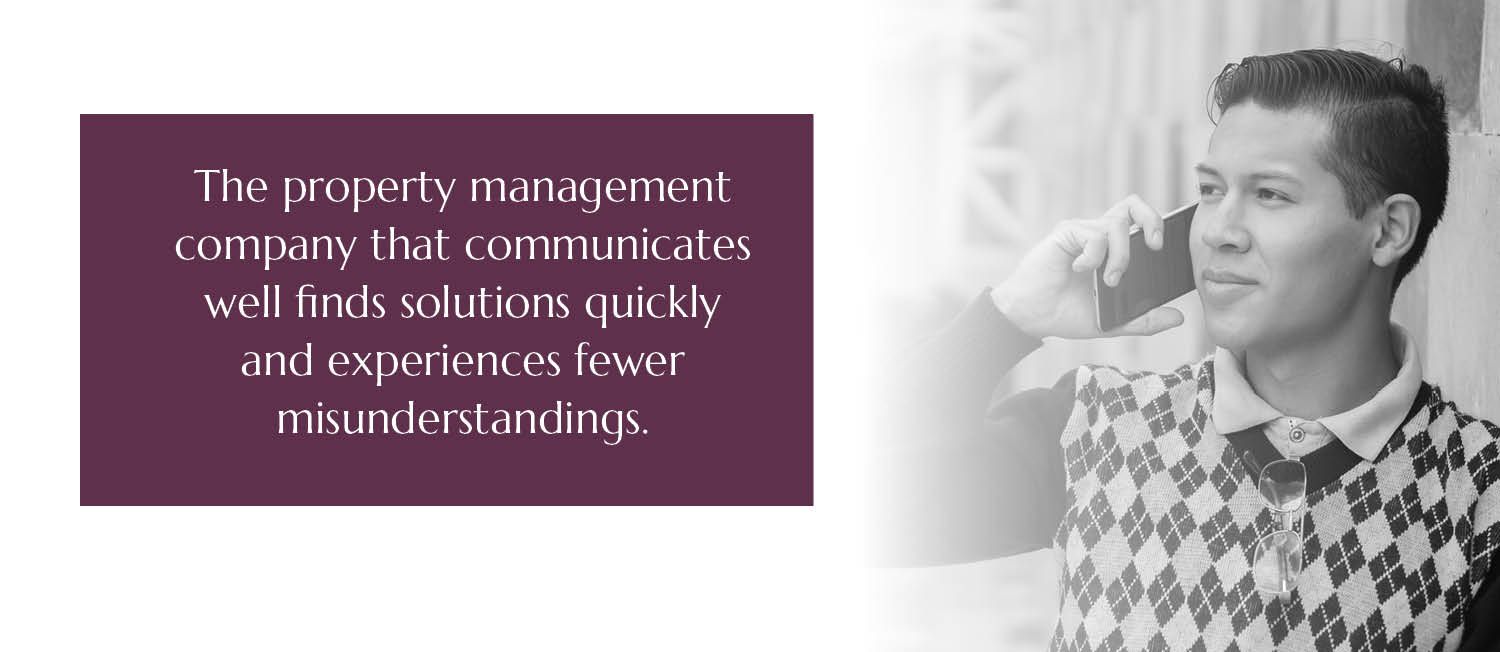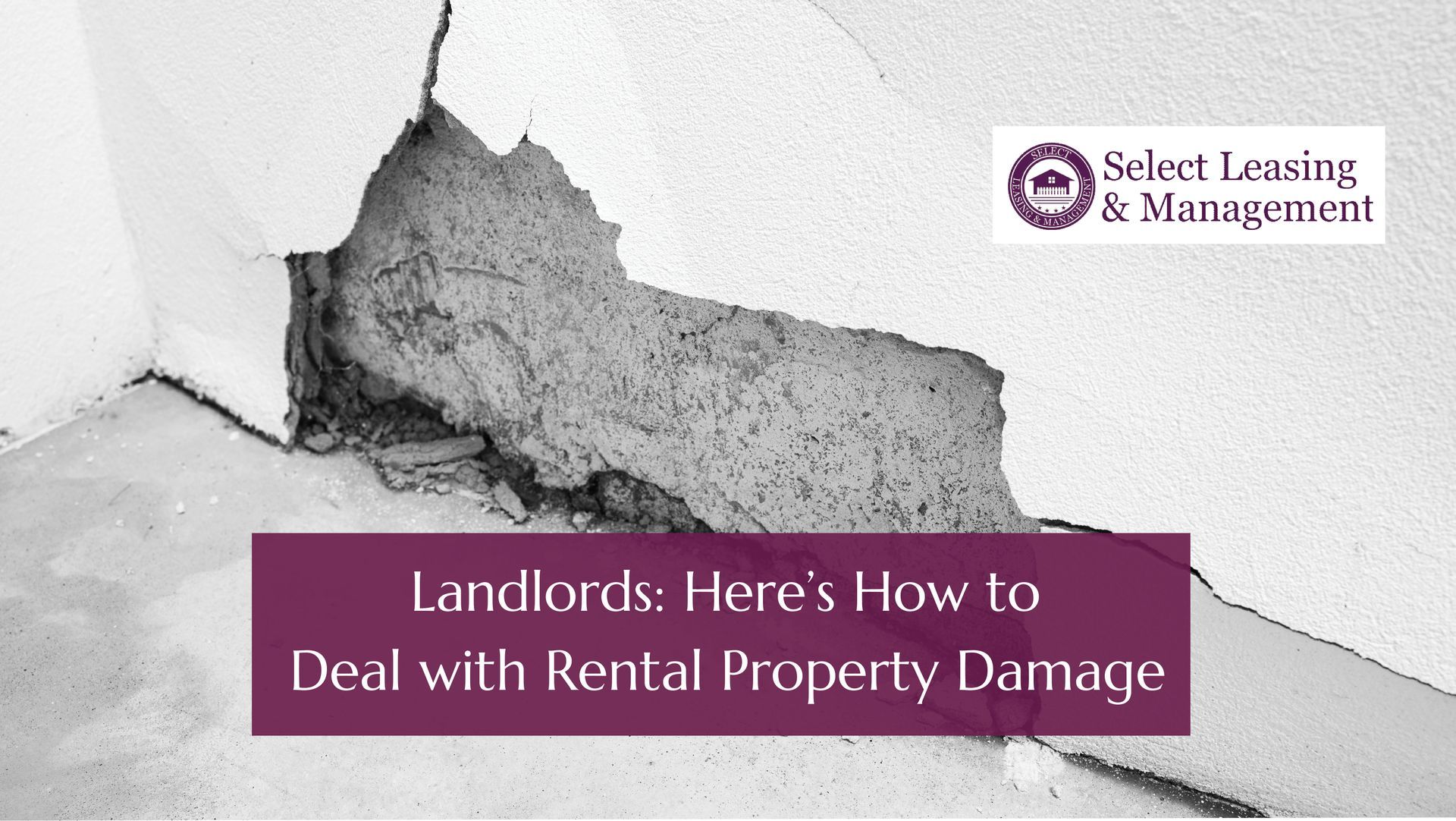How Does Property Management Work?
How Does Property Management Work?
Time—a gift so precious that you can’t get it back when it’s gone. That’s why it’s important to use time wisely, especially when owning rental property. If you are both the property owner and the property manager, it takes a lot of work and time to keep your property up and your tenants happy. If you get satisfaction out of that, great! But what if you don’t? Property management could be the answer giving back your time so you can enjoy your life. So, how does property management actually work?
How Does Property Management Function?
Property management is just that: a company or professional that manages every aspect of a rental operation. Property owners can hire a property management company to do all the routine tasks that may be keeping them from having a full life with time to do the things they love—like developing a fledgling business, gardening with the grandkids, or enjoying a staycation.
Think of it this way—hiring a property management company is like hiring a chauffeur to drive your car. With someone else driving, you get to sit in the back, enjoy your beverage of choice, and enjoy the view. It’s the same with property management because this service frees up your time so you can enjoy all that the St. Louis area has to offer.
Know the Difference Between Outstanding and Just “Meh” Property Management
Successful property management means bringing your A-game every single day. A-gamers display strong communication skills with both tenants and property owners, and work strategically to follow a plan for success. The property management company that communicates well finds solutions quickly and experiences fewer misunderstandings.
Outstanding property management companies listen well, too. They are great mediators who know how to intervene in trouble spots with either property owners or tenants. That takes skill.
Another trait of outstanding property management is that they work with a sense of urgency when problems arise. Neither the property owner nor the tenant should have to leave umpteen voicemail messages before getting a call back. They know it’s important to take action right away.

5 Ways a Property Management Company Takes the Load Off of Property Owners
How does a property management company help? They hire the most qualified people to:
- Screen tenant applications, follow the terms of the lease and pay their rent on time.
- Maintain the property, both inside and out. This means taking care of the landscaping and handling any emergencies all without breaking the bank.
- Publicizing empty rental units. Knowing where and how to advertise takes both time and expertise.
- Collecting rent. Property owners without property management help can waste time following up on slow or missing rent payments. This is one of those “necessary evils” that property owners would prefer to avoid.
- Handling paperwork. Writing up leasing contracts and managing important documents takes time. An experienced property management company has the skills and knowledge to take care of grueling paperwork and even keep it organized.
How Property Management Saves Property Owners Money and Headaches
Laws are constantly changing in real estate. It’s important to know exactly what the law covers regarding owner and tenant rights. Laws around housing discrimination and fair housing are important. Not knowing about these laws can cost you thousands and even millions in lawyers’ costs and court fees.
There are legalities in writing up a lease agreement. Many property owners try to go the easy route by just using standard boiler plate language. But owners can get in trouble if the language doesn’t incorporate the current city, state, and federal regulations. The good news is that most property management companies stay on top of any changes in such laws. After all, that’s what you’re paying them to do. Hiring a property management company makes good sense and saves good cents! Professional help with local expertise will help you get back to living the life you want and rediscovering all that St. Louis has to offer.
Now that you know what property management companies do, contact Select Leasing and Management to learn how we can assist you in the St. Louis area. Contact us to learn more. We’re here to help you enjoy your most precious gift—time to truly live your life to the fullest.
Share this post










